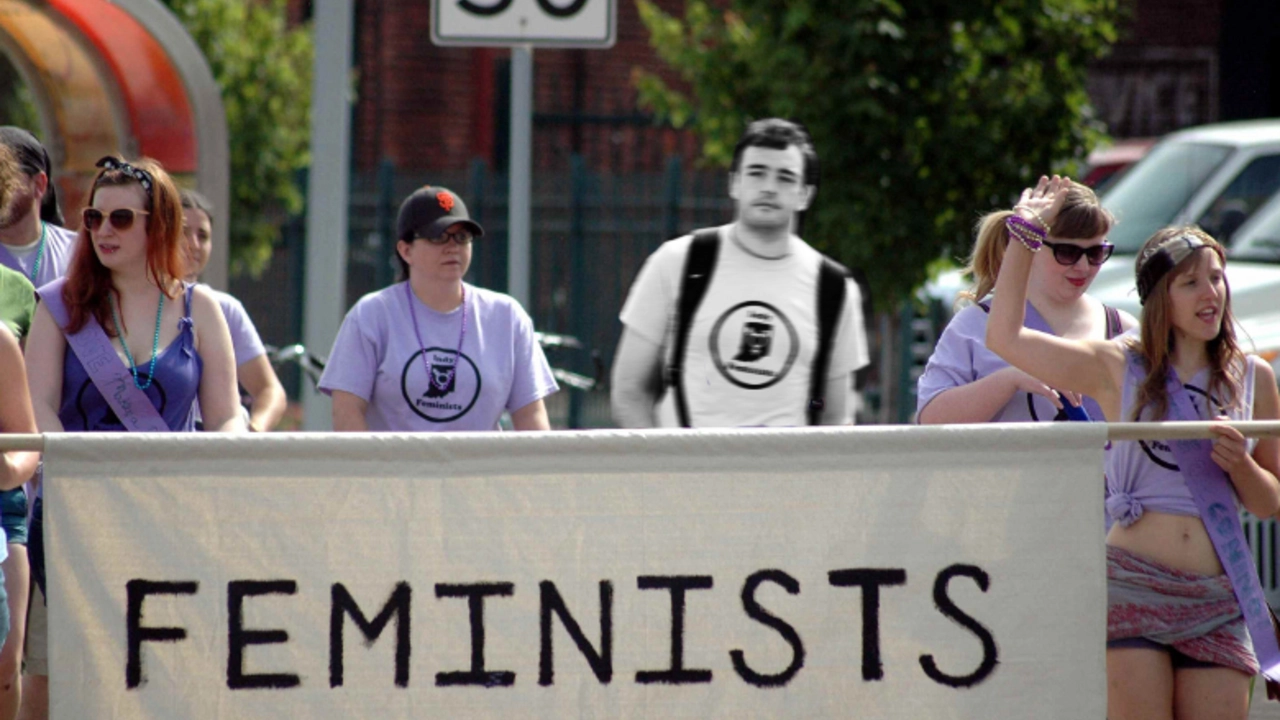Absolutely, a straight man can be a feminist. Feminism is about believing in and advocating for equality of the sexes, which is not limited to any gender or sexual orientation. In fact, many straight men identify as feminists and actively support women's rights. It's crucial to remember that feminism isn't about being against men, but about challenging the systemic inequalities women face. Therefore, anyone can be a feminist as long as they believe in and fight for gender equality.
Feminism in Motorsport: Driving Equality on and off the Track
When you think of racing, you might picture fast cars and roaring engines, but there’s another powerful force speeding through the sport – feminism. It’s not just a buzzword; it’s a push for real change that lets more women race, design, and lead. In this tag page we’ll break down why gender equality matters in motorsport and share stories that show the movement in action.
Why representation matters in racing
Seeing a female driver win a headline race does more than add a trophy to a team’s cabinet. It tells young girls that a place at the finish line is open to them too. The same goes for engineers, mechanics, and team principals. When women fill those roles, they bring fresh perspectives that can improve performance and safety. Studies from racing academies show teams with diverse crews often finish higher in the standings, because mixed teams solve problems faster.
Real stories shaping the conversation
Take Angela Rayner, a British politician who isn’t a driver but demonstrates how women in high‑profile positions can shift public perception. Her working‑class background and strong voice on labour issues show that women can lead in any arena, even the traditionally male‑dominated world of politics and sport. In motorsport, drivers like Danica Patrick and Jamie Chadwick are doing the same on the track, proving that skill and determination win races, not gender.
Back on the circuit, the rise of female‑focused series such as W Series gives up‑and‑coming racers a platform to showcase talent without the financial barriers that often hold them back. These series have already produced graduates who now compete in Formula 1, IndyCar, and endurance racing. Their success stories inspire clubs, sponsors, and fans to back more women in the sport.
Even the big brands are listening. BMW’s “M” badge stands for Motorsport, but the company is also investing in electric‑vehicle projects that attract a diverse engineering workforce. When a company promotes both high‑performance engineering and inclusive hiring, it sends a clear message: speed and equality can go hand in hand.
Fans play a big part too. Social media conversations around topics like “gotcha, why aren’t there more women in NASCAR?” push organizers to address diversity head‑on. When fans demand equitable coverage, networks start highlighting female drivers more often, and the cycle of visibility continues.
If you’re wondering how you can help, start by supporting events that feature women racers, share their stories, and challenge stereotypes when you hear them. Volunteer at local tracks, mentor aspiring female engineers, or simply vote with your attention for content that celebrates gender balance. Small actions add up, and every bit of support accelerates the move toward a more inclusive motorsport world.
Feminism isn’t about making motorsport a women‑only space; it’s about building a race where anyone with talent can compete on equal terms. The track is already getting faster, and the push for equality is the next big lap we all need to run together.
